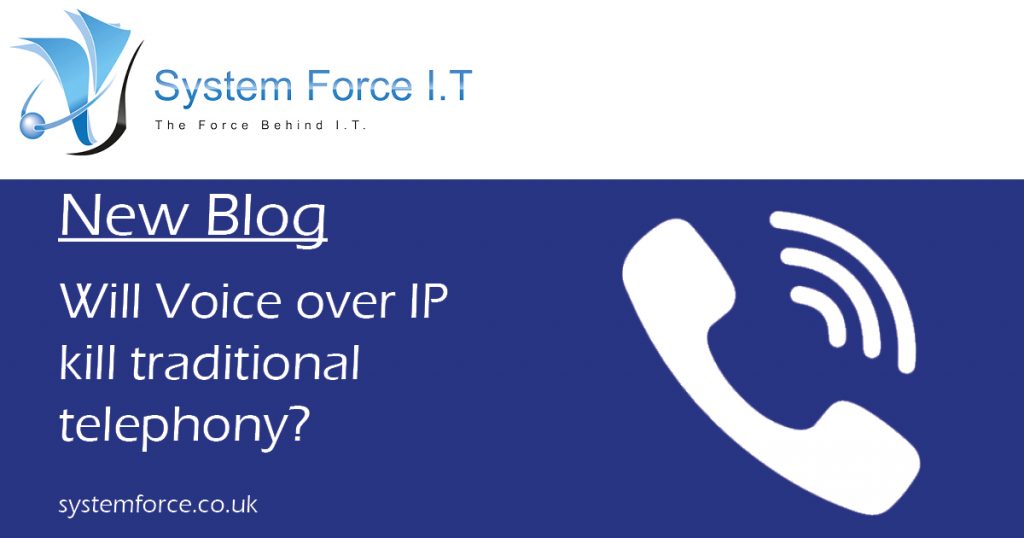
Customers, businesses, and employees are demanding more than a voice-to-voice interaction. Voice over IP offers more advantages to telephone lines.
In short, yes.
Thanks for reading our blog!
No, but seriously, how does Voice over IP (VoIP) outperform traditional telephone networks that have served us well for years?
Voice over IP (VoIP) has been around for a long time, but its popularity has recently grown as a result of remote working, low-cost VoIP services, and the decline of traditional telephone communications.
During the pandemic, remote workers found themselves having to get to know and use various VoIP programs such as Microsoft Teams and Zooms for their weekly quizzes or to connect with clients and employees.
However, many businesses are finding this VoIP software to be so beneficial that they are eager to adopt them on a long-term basis.
For business owners, VoIP allows for mobility, productivity, and more features than a traditional telephone; all for a smaller cost.
Financially, moving to a VoIP platform is a lot cheaper than traditional telephone lines. A company that uses VoIP for its office, mobile, and data services no longer need to work with different service providers. All of this is done through the internet where VoIP is hosted.
It’s a no-brainer for companies to make the switch.
BT, the UK’s largest ISP, has announced that it will shut down its public switched telephone network (PSTN) in 2025. This means that all traditional phone networking cables will be disconnected, prompting everyone to use the internet and VoIP.
As more businesses and consumers switch to mobile and internet communications, VoIP provides them with more features than a traditional phone.
BT has focused a lot of attention on its broadband collaboration with the government, constantly expanding speeds through its fiber-optic lines.
Telephone lines are old.
We, as businesses, demand more – video conferencing, online interaction with smart boards, mobility, auto-attendant use, and many other features that a simple phone line cannot provide.
Customers expect more, better, and more personalized communication options.
Read more about How VoIP Helps Improve Customer Experience here.
Ultimately, VoIP can be extremely beneficial to organizations that wish to give a quick and efficient customer service experience. It offers a variety of tools that employees can use to ensure that their customers are satisfied with the service they’ve received.
System Force IT provides 24/7 IT support and engineering help with all our services. Our IT infrastructure management team are responsible for the backbone of your business. Monitoring and maintaining both physical and virtual services in real-time.